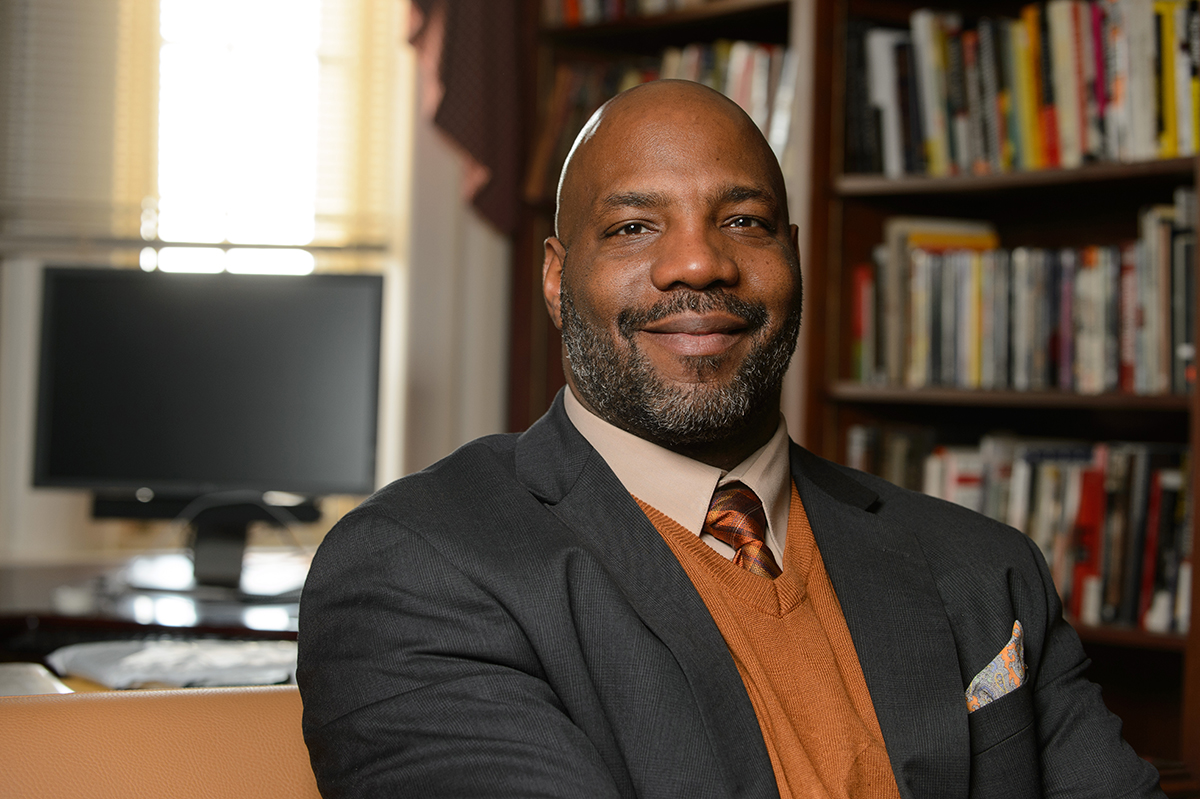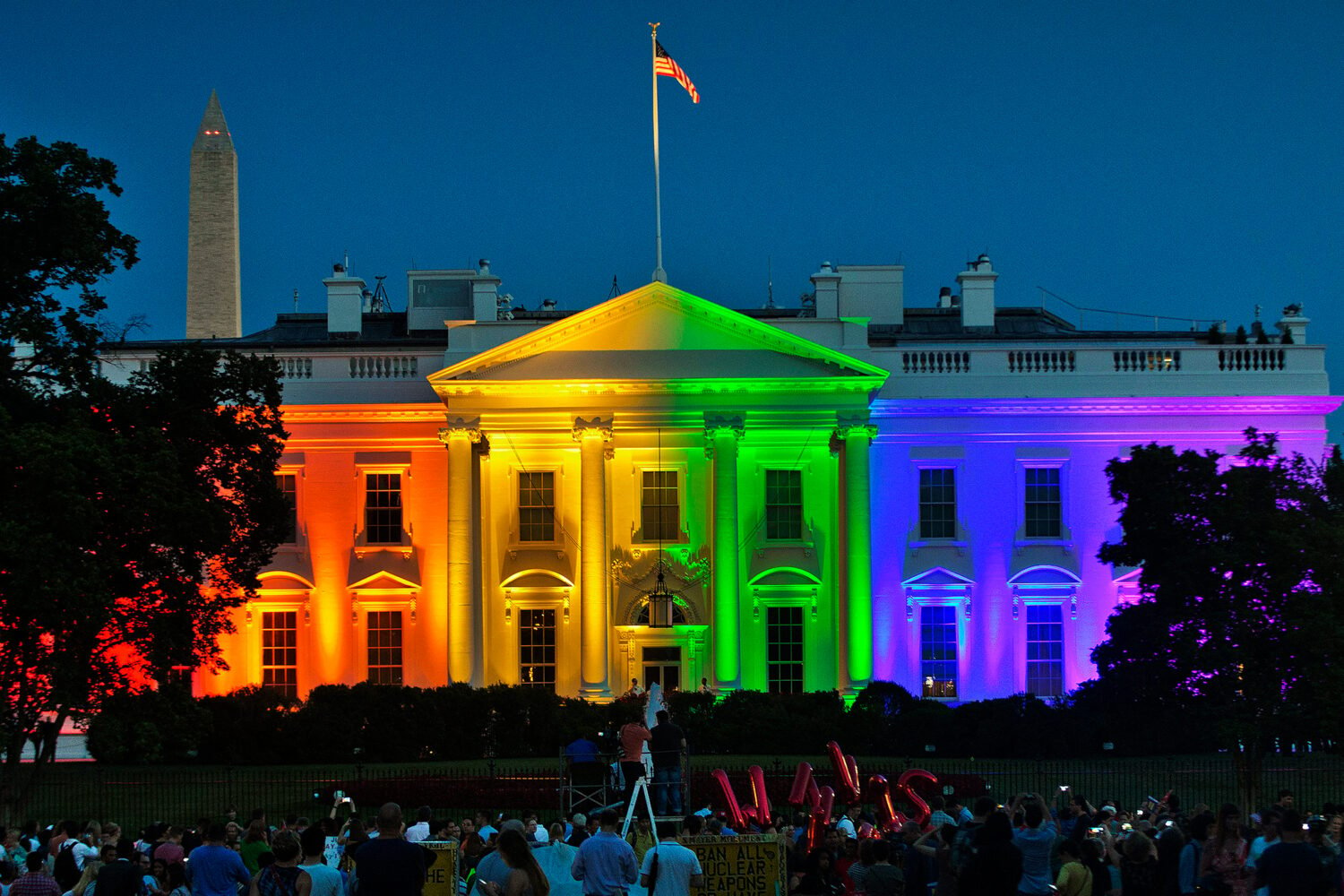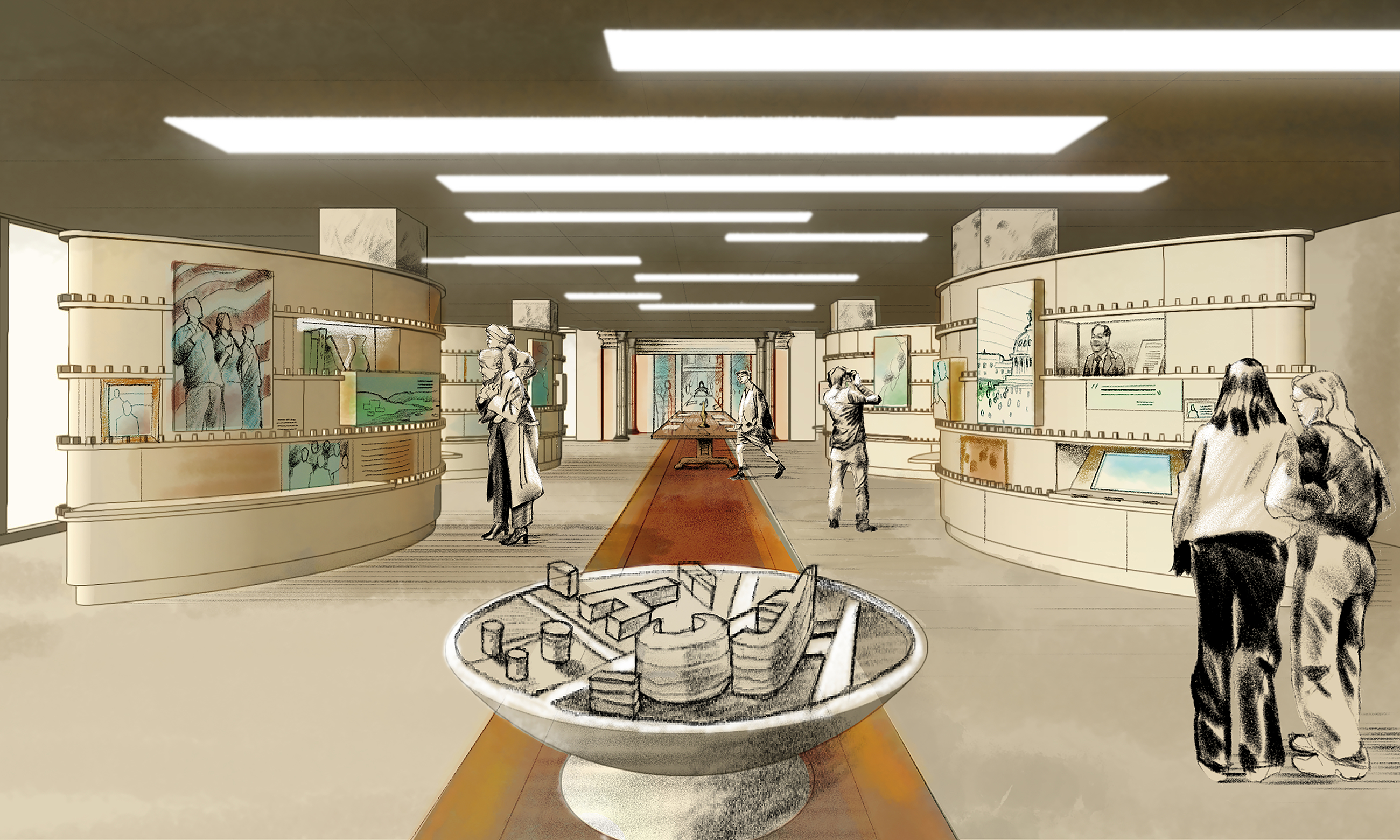This weekend, New Yorker staff writer Jelani Cobb will preside over the 93rd Annual Black History Luncheon at the Ninth Street Washington Renaissance Hotel. The event is held by the Association for the Study of African American Life and History (ASALH), the organization responsible for the founding of Black History Month, and will convene dozens of the country’s leading African-American history scholars and professors. We spoke to Cobb about Governor Ralph Northam‘s use of blackface, the country’s tense immigration politics, and whether the NFL should use civil rights leaders to improve its social justice image.
We’re in a period of unprecedented richness in black historical scholarship, and yet also a time of vast amnesia—with Donald Trump being the embodiment of historical illiteracy. Are these boom times for black history? Or tragic times?
It would seem like those are contradictory developments. But it’s always been the case that the most central advancements have happened in the context of the most dire political moments. If we looked at the post-Reconstruction period, and the formalization of segregation with Plessy v. Ferguson, you have the rise of sharecropping as a system that replaced slave labor, convict leasing and its implications, the rise of violence and organizations meant to deny black people the right to vote. And at the same time, we have the flourishing of black newspapers founded in that period, the black fraternities and sororities of that time, and the NAACP and National Urban League.
So it’s always a kind of triumph and travail simultaneously. The two things are interwoven in the history. When we see moments like this, I always encourage people to think about that counter dynamic. In the most difficult times, the most important advancements are made.
Speaking of interwoven meaning, let’s talk about the NFL. John Lewis, Andrew Young, and Rev. Bernice King were featured prominently at the Super Bowl, while the NFL promoted its own social-justice initiatives. Did that give you a queasy feeling?
I didn’t watch the Super Bowl! [Laughs] So I didn’t get any kind of feeling. The problem with the civil rights establishment—to the extent that that amorphous term means anything—is that there are lots of people who are much more interested in the “establishment” part than the “civil rights” part. And sure, it’s obscene to have the daughter of MLK there with an organization that is locking out a player for protesting against police brutality—or any of the other racial dynamics that go on in that league. And so, yeah, of course.
But can you empathize with Lewis, Young, and King’s decision, given the massive audience that the NFL presents?
It becomes a question of whether you’re being used. To what end? Is your agenda more likely to be carried out, or is the other person’s agency more likely to be carried out? I’m going to go out on a limb and say that five minutes of conversation with Bernice King was not going to have the cultural impact that would have been worth the multi-million-dollar-a-minute extravaganza that the NFL is. I think it’s far more likely that people walked away with the sense that Colin Kaepernick was isolated because people who represent the cornerstone of African-American struggle were there in the context of the NFL, not in the context of him.
You’ve written about the political implosion in Virginia. Is there any way for this to have a satisfactory resolution?
That’s hard, because you’re talking about a moral question wrapped inside a practical, political question. And they lead in different directions. The moral question that I pondered was between the intervening years when he took that photograph and when it was discovered. There’s a possibility of a person growing, evolving, coming to have a more enlightened view of this matter. And then when he gave the initial press conference and started talking—he appears not to have learned very much at all. It was just a crazy kind of scenario. So I think that there’s space for public reckoning with wrongdoing, even among elected officials with racial wrongdoing. But I don’t think this is an example of that.
In the moral sense, it would be best for Northam to go. Now, in the practical, pragmatic, political calculations, whether or not he should go depends on what happens with the lieutenant governor, the attorney general, and the various people who are in the chain of succession. How will this affect the likelihood of someone who is antagonistic to African-American interests becoming governor? Those are things you have to think about. I don’t know the answer to that, frankly.
Turning to the conference, what captured your imagination about this year’s theme of black migration?
We’re in the centennial aftermath of World War I, which sparked a huge degree of migration from the South to the North, and from rural environments into industrial and urban environments. The other part of it is we’re having this political conversation about immigration and migration in a way that very often eschews history. The narrative of immigration and migration in this country is connected to race in ways that sometimes are obvious, and sometimes are not. And so I think that there is no more pertinent theme or question that we could be exploring right now.
I’ve been involved with ASALH for 25 years, since I was an undergrad. It’s Dr. Carter G. Woodson’s organization, who also founded Negro History Week in 1926. That went on to become Black History Month in 1976, in recognition of the 50th anniversary of Negro History Week. It’s been there ever since.
In 2010, you taught a course called “African American History from Plessy to Obama.” How would you teach that class differently today?
The fact is, the course would not change a whole lot. The main thrust of that conversation has always been about advancement and reversal, and the pendulum cycles of progress. On the particulars of it, sure, there are things we would have to confront. One of which is the shooting of nine congregants in the church in Charleston in 2015, which was a harbinger of this kind of reversal reaction to Obama. Every kind of aspect of progress in this country, certainly racial progress, has engendered a backlash. That the pushback would take the form of a conspiratorial, failed businessman from New York City, who questions the very citizenship of the President of the United States—we didn’t know that. But anyone with any iota of historical literacy knew that there would be some pushback for this.
So what are the best options for combatting revisionism? Are they all historical, as you suggest, or are they also political—a “truth and reconciliation” committee, for instance?
It’s both of those things. Even if it’s not the formal “truth and reconciliation” version of this, it’s the kind of institutions that cultivate historical literacy. It’s what people understand in school, what theater and cinema reference, it’s all of those different ways that we cultivate a particular understanding.
But history is not simply an academic undertaking. It becomes the only mechanism we have to prevent people from wandering back into the darkness of the past. We’re all groping around in the present. We have no idea what dynamics will emerge and become dominant in the next five minutes, much less in the next five years. And the only thing we can do is look at what has happened previously. That’s it. That’s all we have.
This interview has been edited and condensed.


















